Description
A GPS module, or Global Positioning System module, is an electronic device that uses signals from a network of satellites to determine the precise location, velocity, and time information of a receiver. GPS modules are commonly used in various applications where accurate positioning and tracking are required. Here are the key features and components of a typical GPS module:
1. **GPS Receiver:** The core component of the module is the GPS receiver, which is responsible for receiving signals from GPS satellites and processing the data to determine the receiver’s position, velocity, and time. The receiver may use multiple satellite signals to perform this task.
2. **Antenna:** A GPS module includes a built-in or external GPS antenna to capture signals from the GPS satellites. The antenna is designed to receive signals in the radio frequency (RF) range transmitted by the satellites.
3. **Microcontroller or Processor:** Some GPS modules include an embedded microcontroller or processor to handle GPS data processing, data logging, and interfacing with other devices.
4. **Serial Interface:** GPS modules commonly communicate with external devices (e.g., microcontrollers, computers, or smartphones) using a serial communication protocol (usually UART or SPI). This interface allows the GPS data to be transmitted to and received by other devices.
5. **Power Supply:** GPS modules typically require a power supply, which can range from 3.3V to 5V, depending on the specific module’s voltage requirements.
6. **Data Output:** GPS modules output data in standardized formats like NMEA sentences, which include information such as latitude, longitude, altitude, speed, and time. The data can be processed and displayed using various software applications or microcontrollers.
7. **Accuracy:** GPS modules can provide location accuracy down to a few meters, depending on factors like the number of visible satellites, signal quality, and atmospheric conditions. More advanced modules can provide higher levels of accuracy.
8. **Number of Channels:** The number of channels in a GPS module refers to the number of satellite signals it can process simultaneously. Modules can range from single-channel to multi-channel, with multi-channel modules providing faster and more accurate positioning.
9. **Assisted GPS (A-GPS):** Some GPS modules support A-GPS, which uses data from cellular networks to assist the GPS receiver in obtaining a faster and more accurate fix.
10. **Applications:** GPS modules are used in various applications, including navigation systems, vehicle tracking, geocaching, outdoor sports, drones, asset tracking, and location-based services in smartphones.
11. **Cold/Warm/Hot Start:** GPS modules can have different startup times, with “cold start” being the longest (finding a signal from scratch), “warm start” being faster (using stored data), and “hot start” being almost instantaneous (based on a recent fix).
12. **Data Logging:** Some GPS modules include onboard memory for data logging, allowing users to record location information for later analysis.
GPS modules are versatile and widely used in both consumer and industrial applications, helping users determine their precise location and enabling features like turn-by-turn navigation, tracking, and geospatial data collection. The choice of a GPS module depends on factors such as accuracy requirements, interface compatibility, and power consumption.


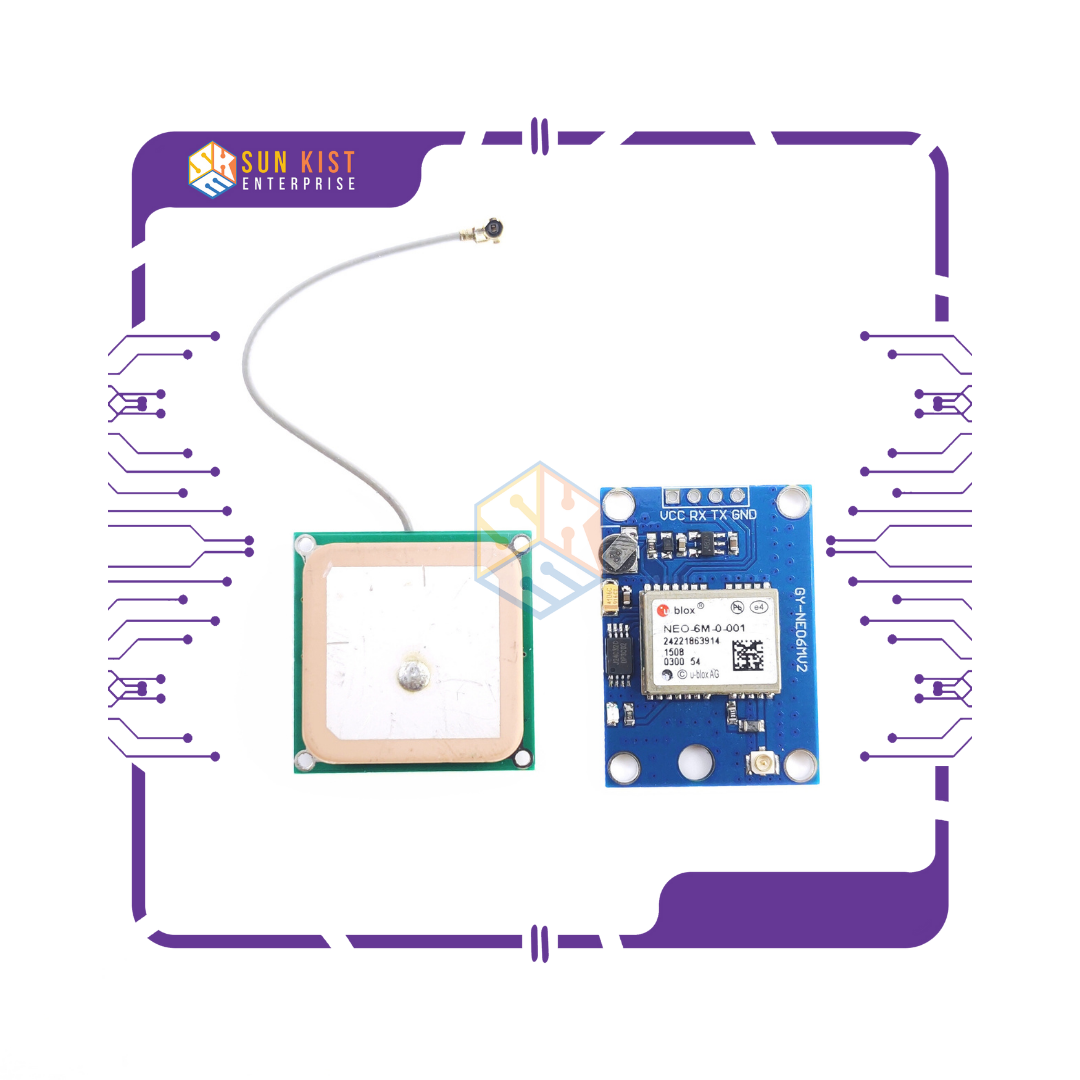
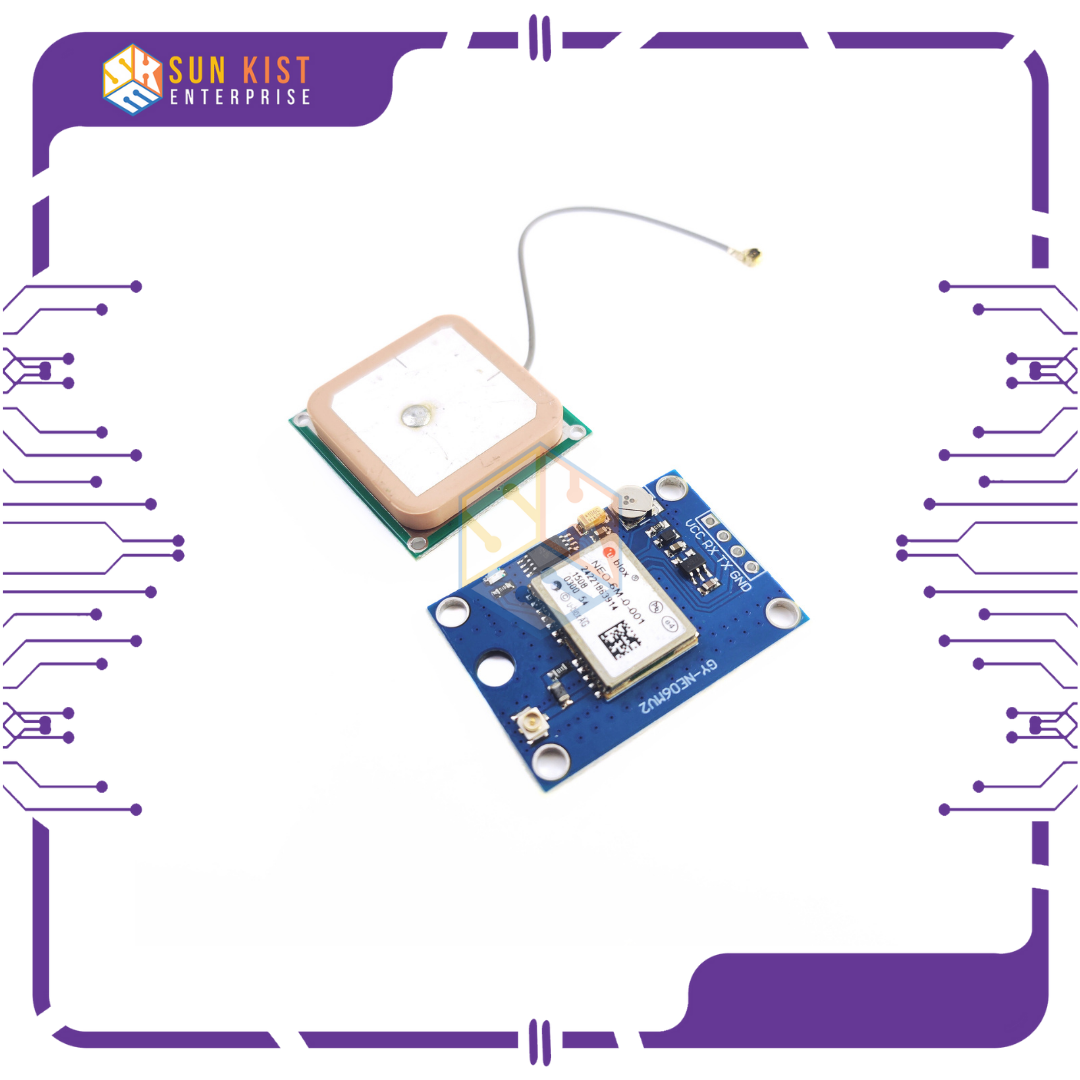
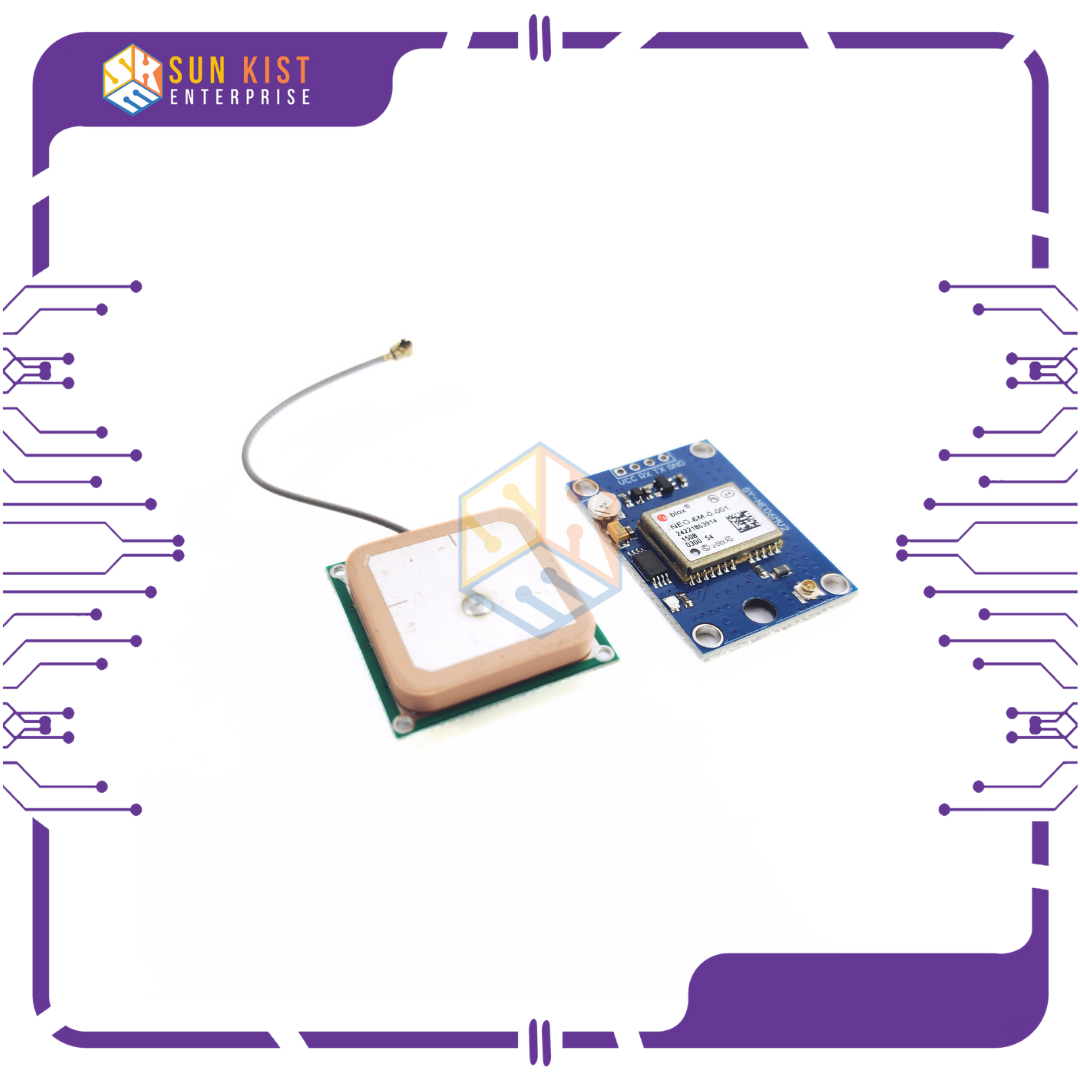
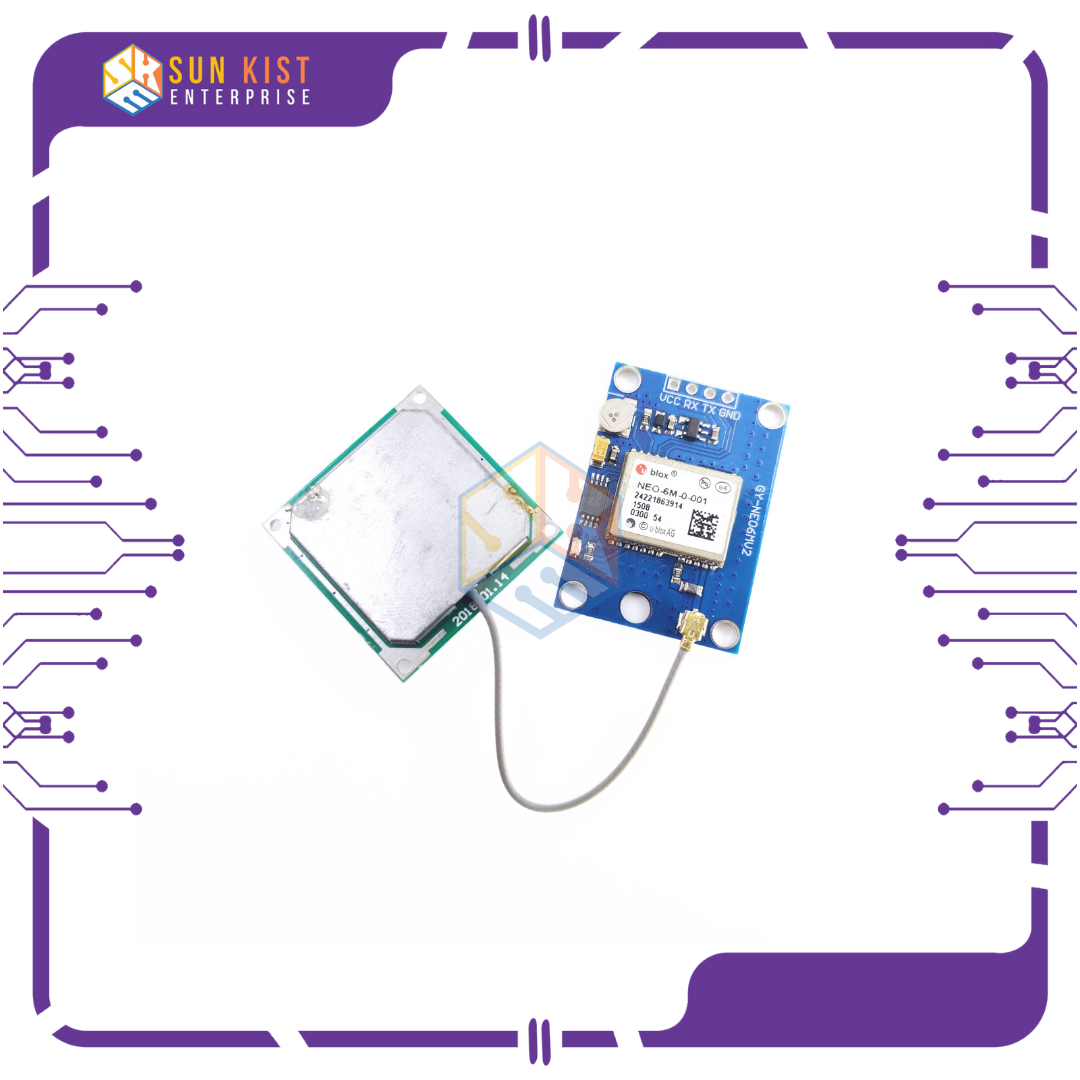





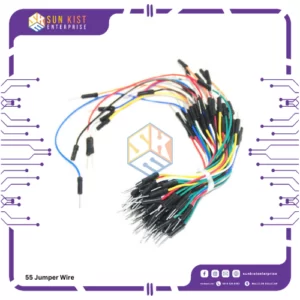
Reviews
There are no reviews yet.